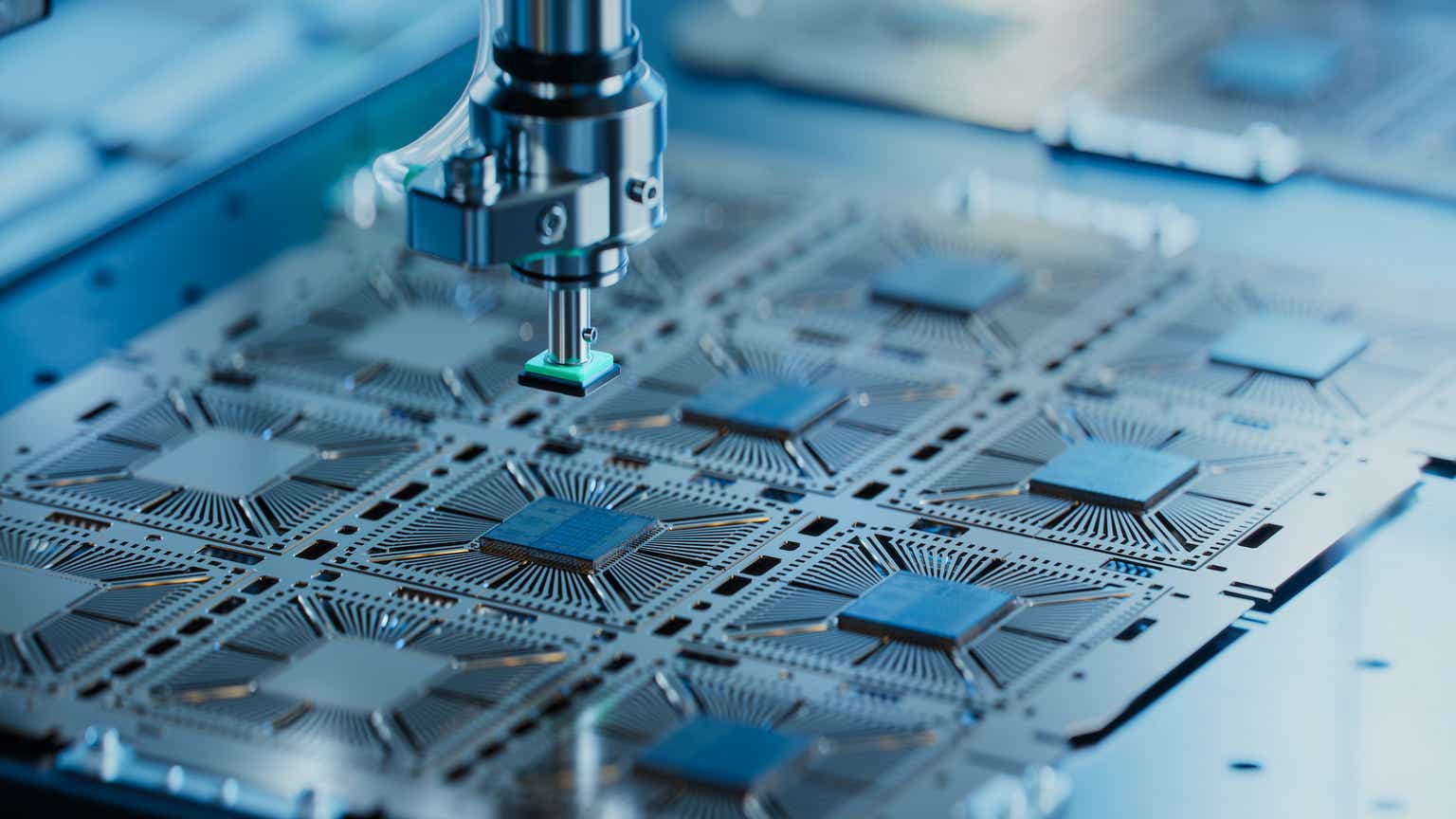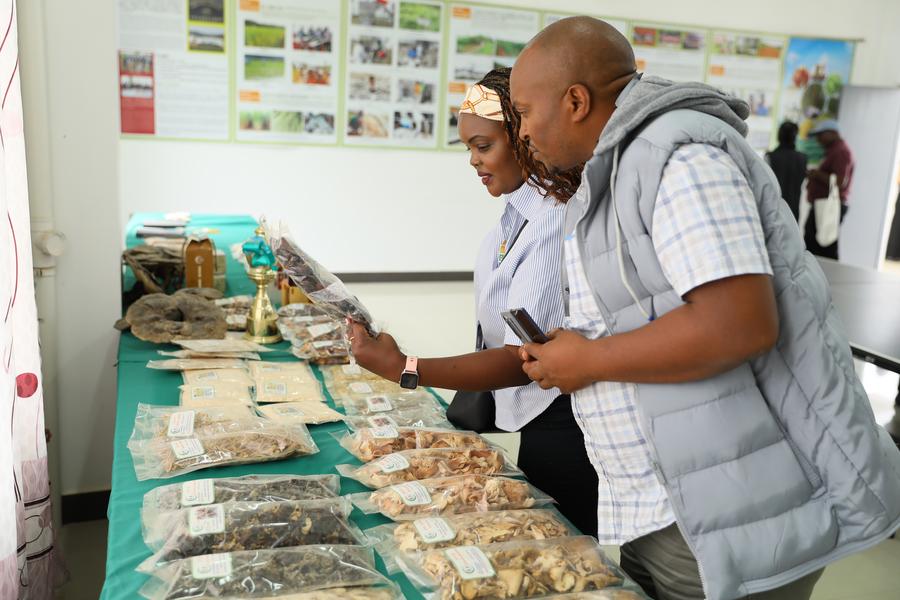Tesla Autopilot Faulted in Fatal 2019 Crash: Jury Awards $200 Million in Damages

In a landmark case, a California jury has found Tesla partially responsible for a fatal 2019 car crash, determining that the company's Autopilot driver-assistance technology played a significant role. The jury ordered Tesla to pay $200 million in punitive damages to the family of the deceased, marking a significant legal setback for the electric vehicle giant.
The crash occurred in March 2019 when a Tesla Model 3, driven by Stefan Bauer-Schmunk, veered off a highway in the Bay Area and collided with a concrete barrier. Bauer-Schmunk, 69, was killed. The lawsuit alleged that Tesla’s Autopilot system malfunctioned, contributing to the accident. Crucially, the jury found that Tesla was negligent in the design, testing, and warning about the limitations of its Autopilot system.
The Core of the Case: Autopilot's Limitations & Driver Responsibility
Tesla has long maintained that Autopilot is a driver-assistance system, requiring constant driver supervision. However, the plaintiffs argued that Tesla’s marketing and design of Autopilot led drivers to believe it was more capable than it actually was, creating a false sense of security. The jury appeared to agree, finding that Tesla failed to adequately warn drivers about the system’s shortcomings and potential dangers.
The lawsuit highlighted several issues with Tesla’s Autopilot, including its tendency to fail to recognize stationary objects, its reliance on lane markings which can be unreliable, and the lack of sufficient driver monitoring to ensure attentiveness. The plaintiffs presented evidence suggesting that Tesla was aware of these issues but did not take adequate steps to address them.
Impact on Tesla and the Autonomous Vehicle Industry
This verdict is likely to have a significant impact on Tesla and the broader autonomous vehicle industry. It reinforces the importance of clear and accurate communication about the capabilities and limitations of driver-assistance systems. The hefty punitive damages awarded could also deter other companies from deploying similar technologies without rigorous testing and safety measures.
Tesla is expected to appeal the verdict. In a statement, Tesla reiterated its belief that Autopilot is making cars safer and defended its safety protocols. However, this case serves as a stark reminder of the potential dangers associated with autonomous driving technology and the critical need for responsible development and deployment.
What’s Next?
- Appeal: Tesla will likely appeal the verdict, potentially delaying the payment of damages.
- Scrutiny of Autopilot: This case will undoubtedly lead to increased scrutiny of Tesla’s Autopilot system and its safety features.
- Industry-Wide Implications: The ruling could influence how other automakers develop and market their driver-assistance technologies, emphasizing the need for transparency and robust safety measures.






